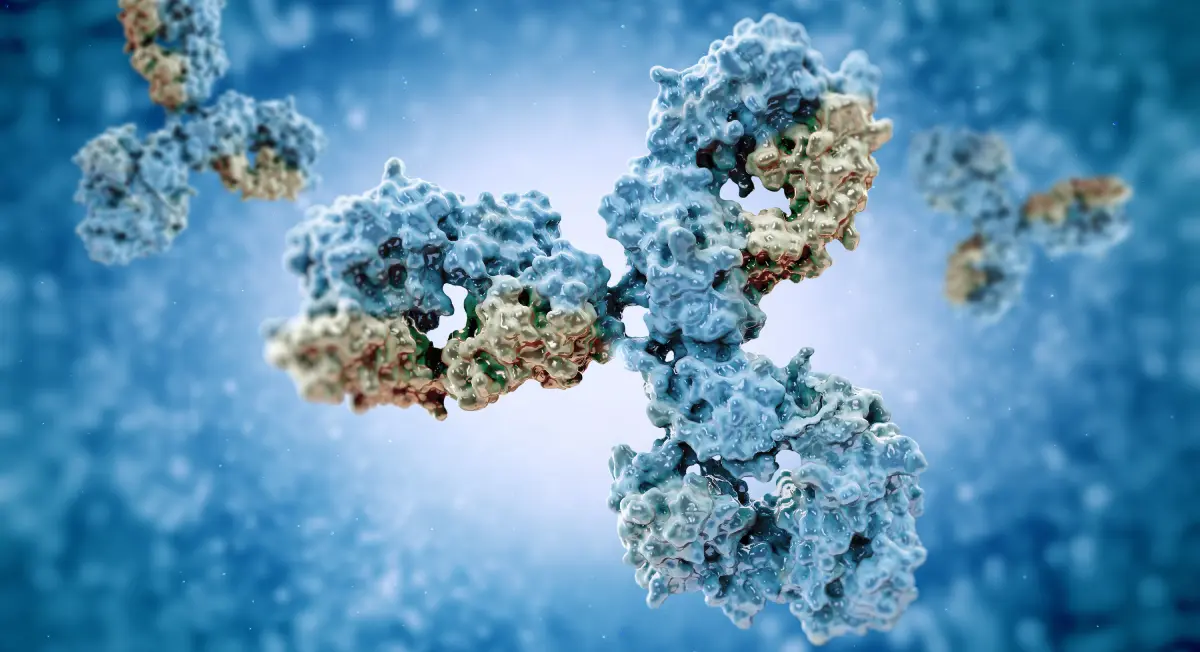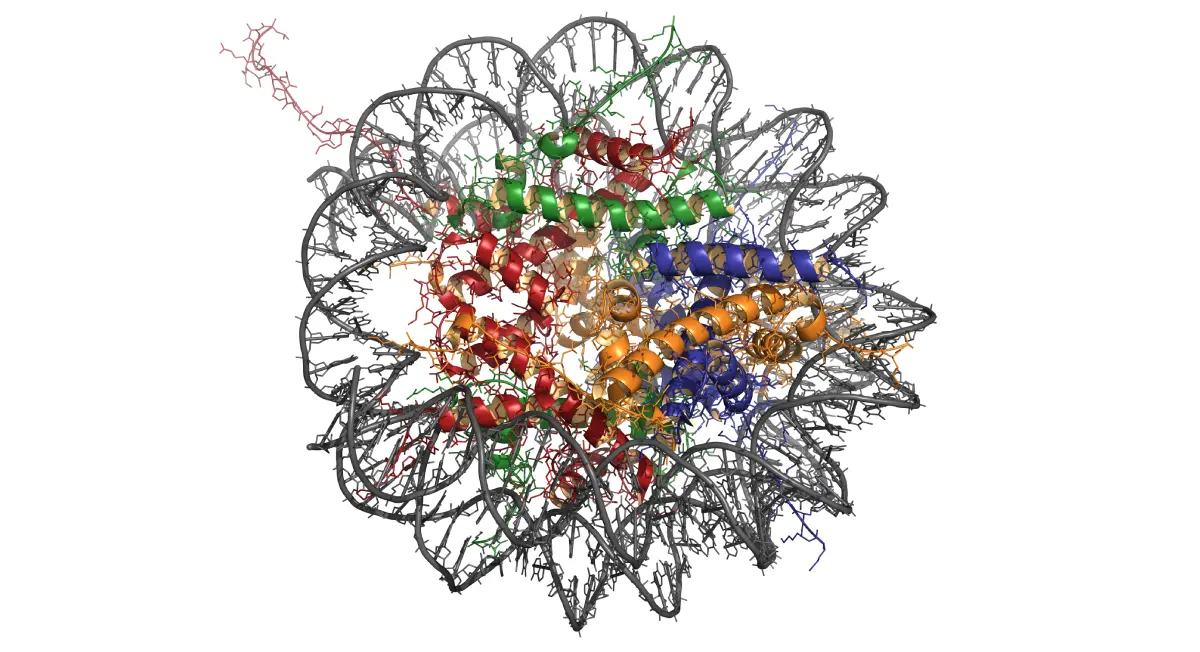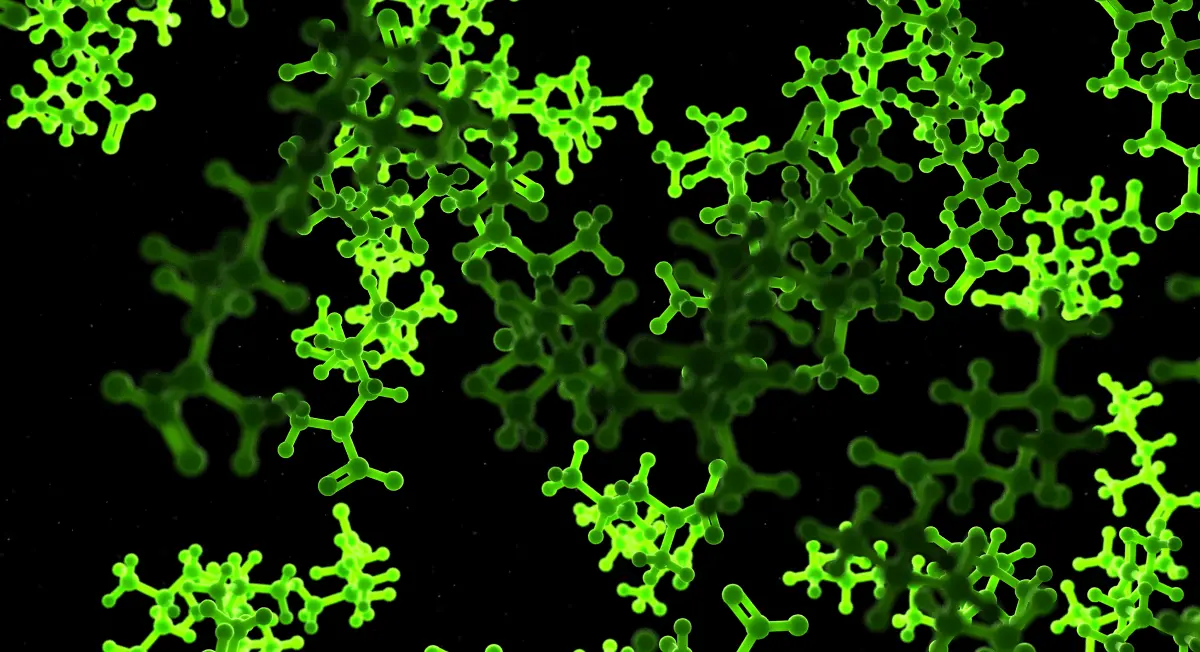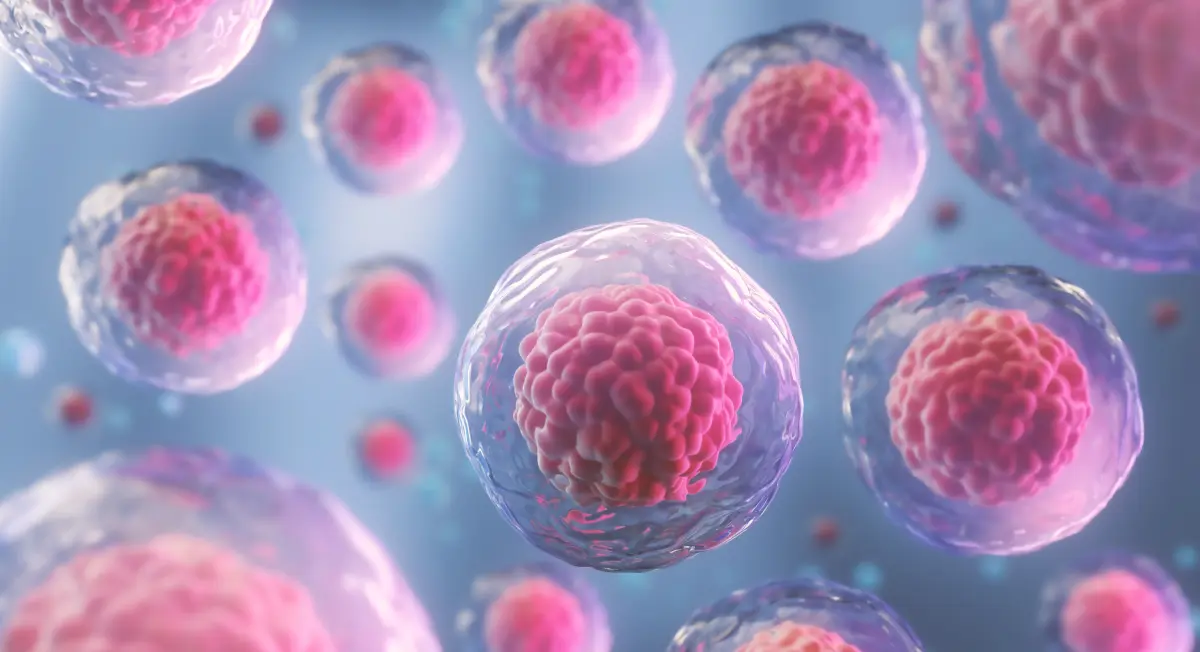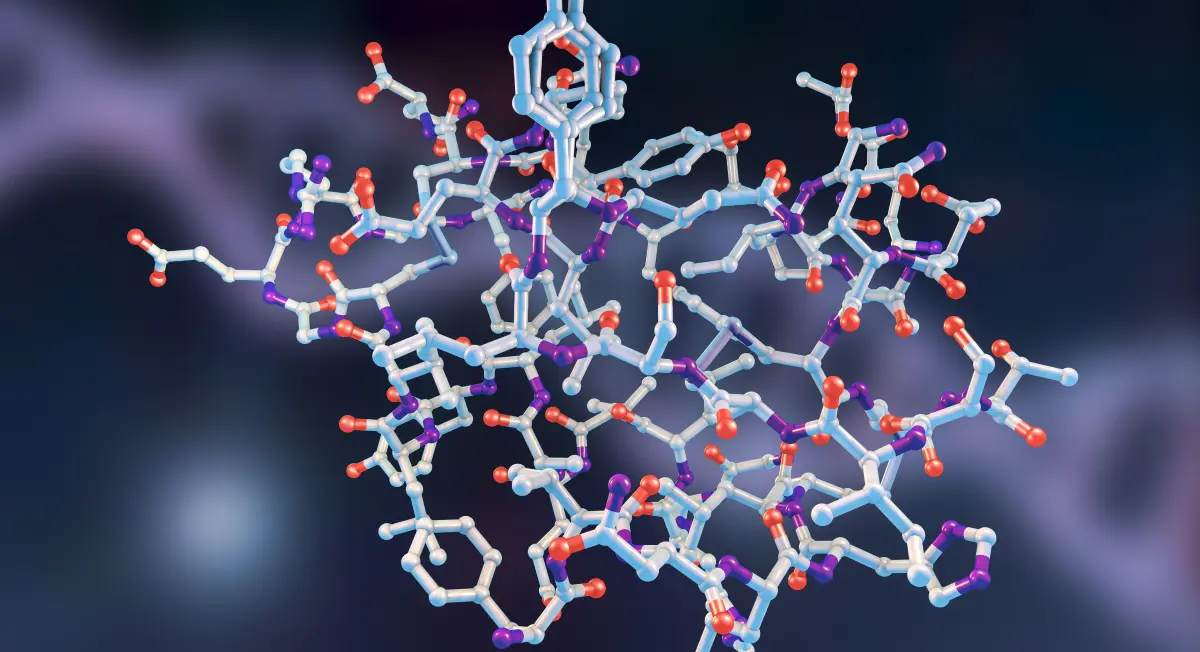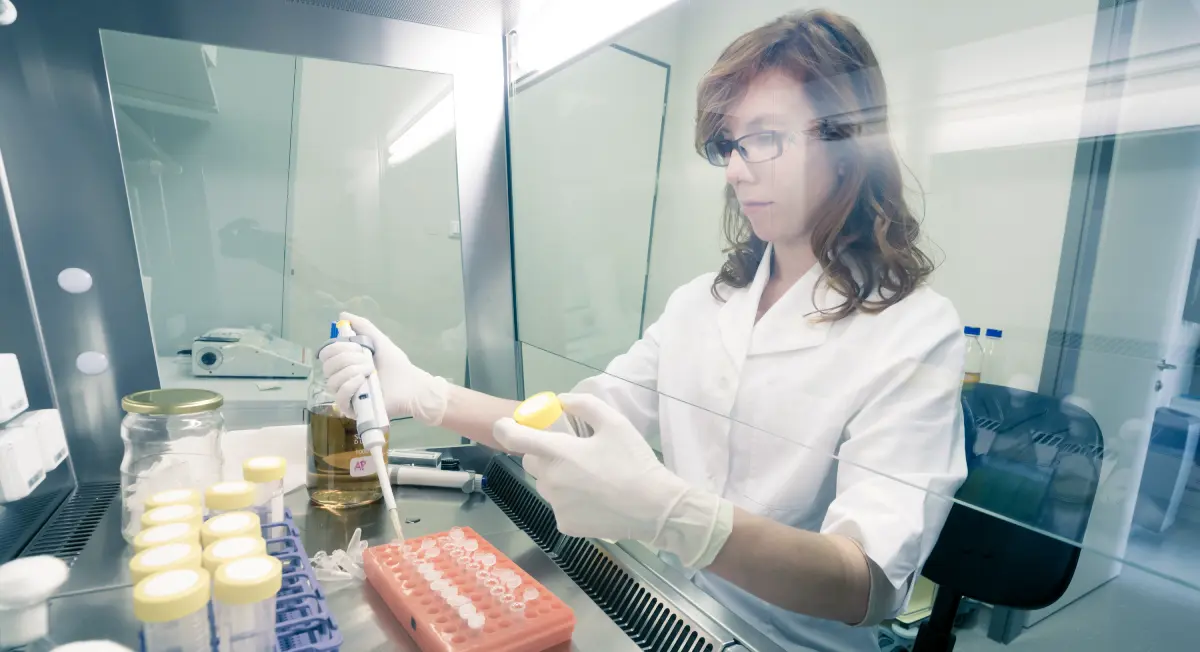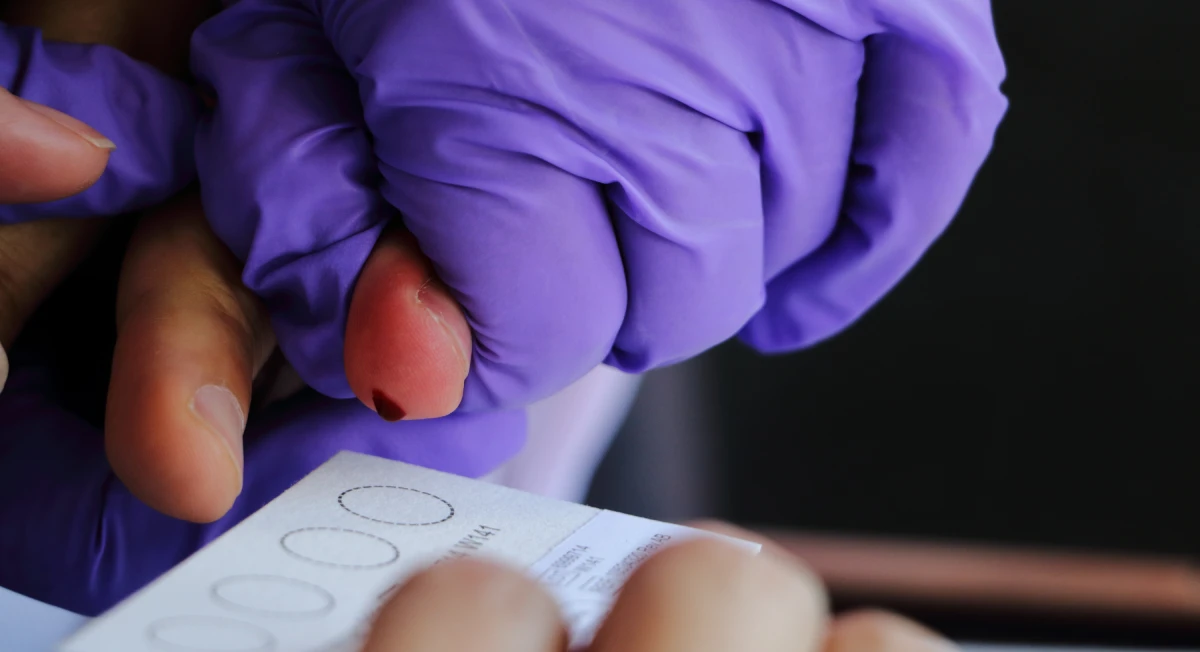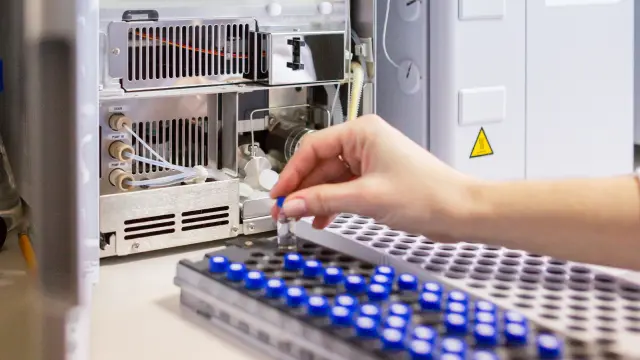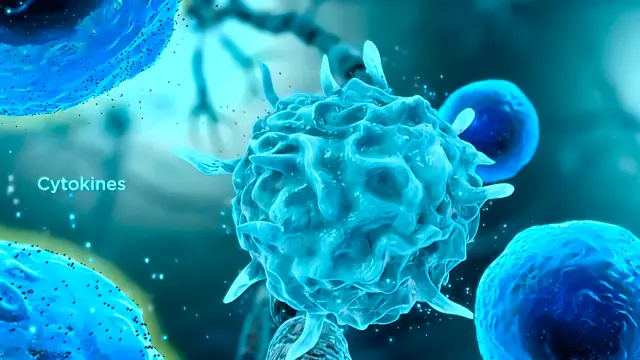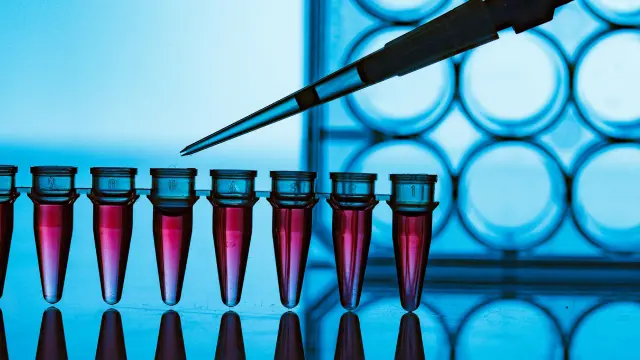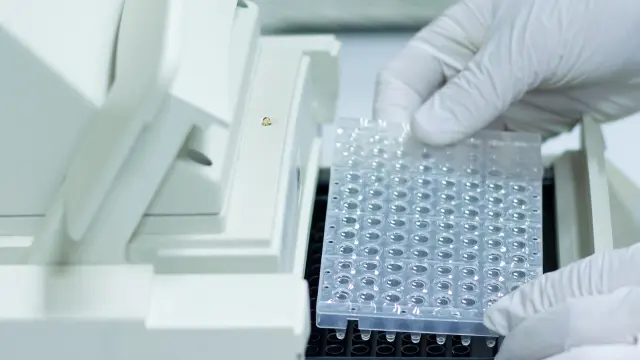Challenge
Imagine two substances that can change your mind and body in different ways. One can make you feel euphoric, relaxed, and creative, while the other can make you sleepy, calm, and dreamy. These are THC and melatonin, and they are more than just recreational drugs. They are also potential medicines that can help people with epilepsy, insomnia, pain, and other conditions.
But there is a problem: we need to learn more about how they work in the human body, mainly when used together. How do they affect your brain, hormones, mood, and sleep? How do they interact with each other and with other drugs? What are the benefits and risks of using them for different purposes and populations?
To make things worse, measuring them in blood or urine is difficult because they need more concentration, are similar in structure, and are mixed with other substances. How can we accurately and precisely detect and quantify them in biological samples? How can we ensure the consistency and value of the analytical results? How can we overcome the challenges of sample preparation, chromatographic separation, and mass spectrometric detection?
Scientists are trying to answer these questions by studying THC and melatonin, two fascinating compounds that can alter the mind and body in different ways.











